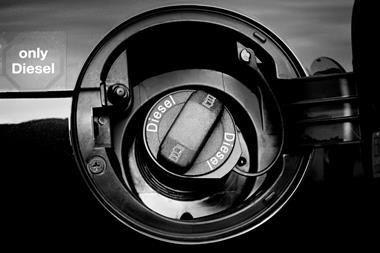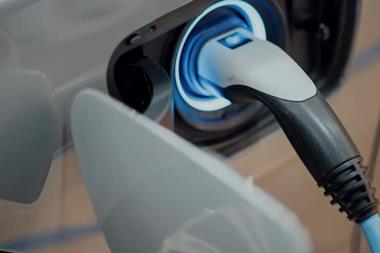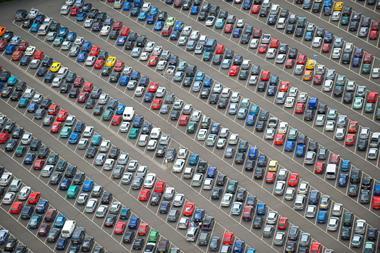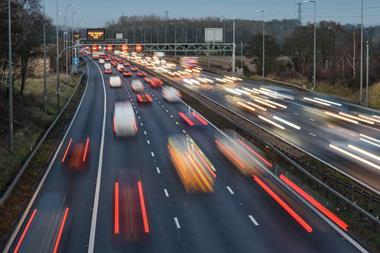The contribution that commercial vehicles can make to improving air quality is the focus of a summit meeting being held today (February 11).
The Society of Motor Manufacturers and Traders (SMMT) is hosting transport policy makers, vehicle manufacturers and other stakeholders from across the UK at a special event in London.
Diesel is not a dirty word is the message from SMMT, and it is calling on government and local councils to recognise the vital role modern diesel vehicles can play in reducing emissions across Britain’s towns and cities – and to do more to support their adoption.
It says UK manufacturers have invested billions of pounds in advanced diesel technology to meet the latest European emissions standard known as Euro-6. These new diesel vehicles have filters that capture 99% of harmful soot particulates, while exhaust after treatments significantly reduce emissions of Nitrogen Oxides (NOx).
However, despite the fact that Euro-6 technology has been an EU requirement for heavy duty vehicles since the beginning of 2014, less than three-quarters of commercial vehicles and just one fifth of buses registered in the UK last year were fitted with it because of a loophole that allows bus operators here to specify older vehicles for their fleets.
SMMT argues that by closing this loophole and supporting the uptake of the latest Euro-6 buses, government and local councils have the opportunity to reduce pollution dramatically, and avoid paying hundreds of millions of pounds in fines that will be levied by the EU if air quality obligations are not met.
SMMT chief executive Mike Hawes said: “Industry shares public concerns about air quality, and is responding by investing billions of pounds in advanced diesel commercial vehicles that are 95% cleaner than their predecessors. However, while modern diesel technology can make a vital contribution to cleaning the air we all breathe, it cannot do the job on its own.
“The key now is uptake. It’s time to stop demonising diesel, and for all stakeholders to engage on this issue. Government and local councils must work together with industry and operators to encourage widespread adoption of the latest diesel technology that has the potential to make a dramatic improvement to air quality in the UK. We hope today’s debate will mark the start of that dialogue.”






























No comments yet